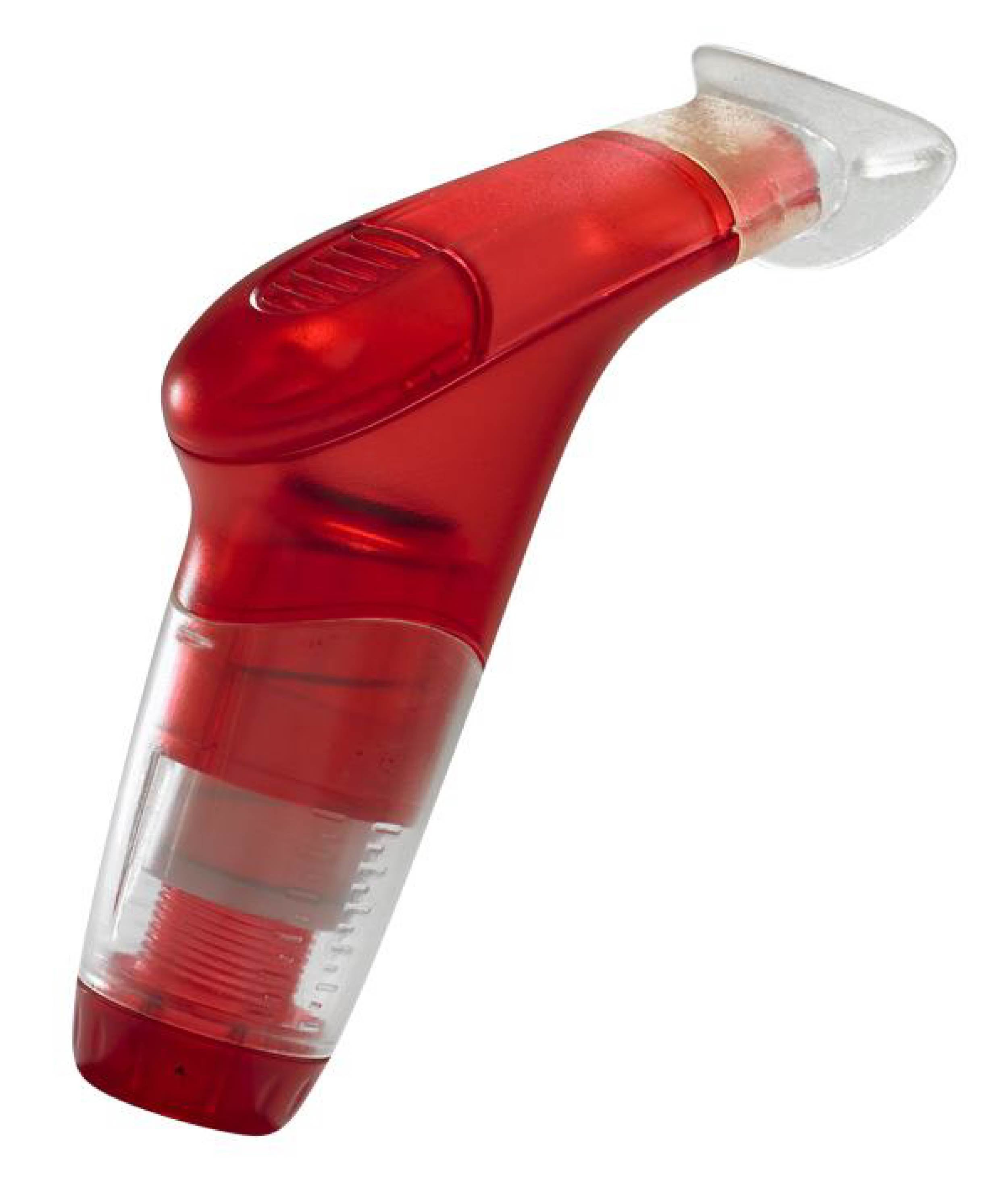Resistance Training for your Breathing Muscles

We lift weights for increased strength and endurance, but when was the last time your diaphragm lifted a dumbbell?
That’s right: Training your inspiratory muscles, including your diaphragm and intercostal muscles, can benefit your overall fitness and prepare you for high-altitude breathing this ski season.
A new Indiana University study conducted by Louise Turner suggests that performing daily breathing exercises reduces the amount of oxygen your inspiratory muscles require during exercise. Using a handheld IMT device, participants took 30 breaths twice a day, and after six weeks, their inspiratory muscles required 3 to 4 percent less oxygen during high-intensity exercise.
This means more oxygen may be available for other muscles, and on the slopes more oxygen means more endurance, less fatigue, and a more enjoyable day of skiing.
IMT devices, like POWERbreathe, use basic principles of resistance training. When you inhale through the mouthpiece, you have to produce enough effort to force open the valve. By increasing the resistance, your lungs get a more challenging work out.
At higher altitudes, our lungs have to work harder because the air is thinner. Other studies show that IMT significantly improves hypoxic exercise by minimizing fatigue and breathlessness, while improving your physical performance.
“The combination of unaccustomed physical activity and moderately high altitude can limit the enjoyment of a skiing holiday,” says Alison McConnell, leading IMT researcher and professor at Brunel University. “Even for those who are accustomed to exercise, activities that wouldn’t normally raise a response from their respiratory system suddenly seem to induce much puffing, panting and shortness of breath.”